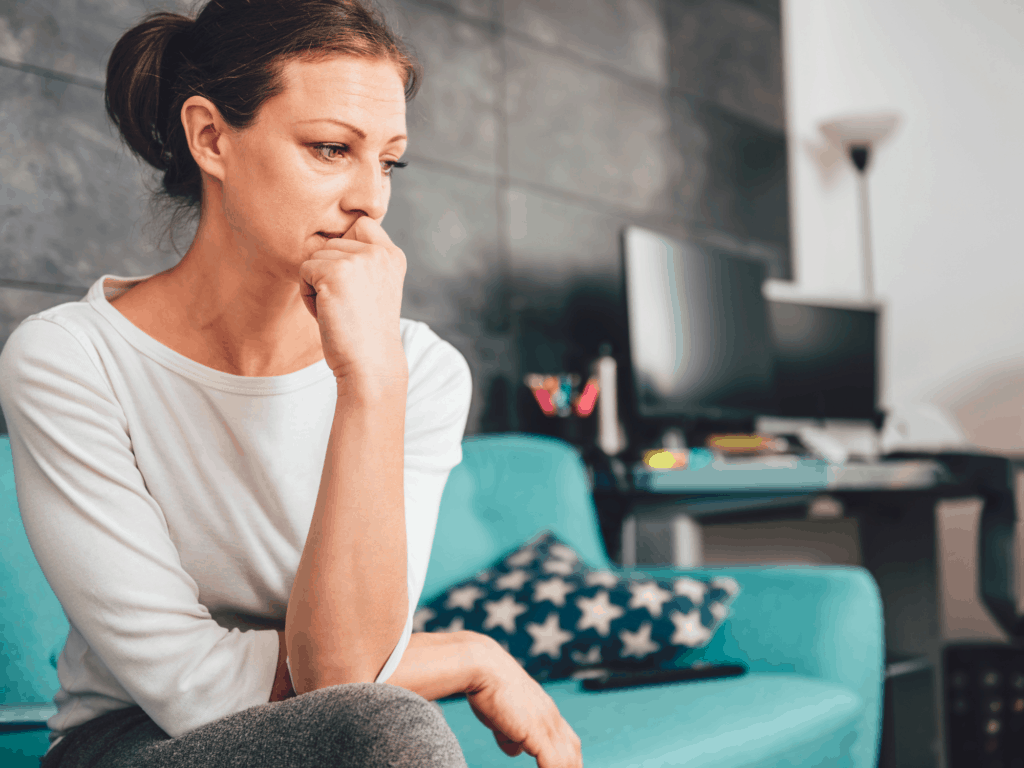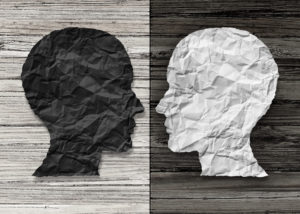In both developing and industrialized nations women have always had lower rates of addiction than men. And in nations wherein women’s primary roles are as caregivers and homemakers, rates of addiction among women are substantially lower than in men. The stigma of drug and alcohol use among these women is particularly severe in these regions, and women may have little control over financial resources to buy drugs and alcohol, in any case.
But as the status of women improves around the globe the gender gap surrounding addiction begins to close. For example, between 7% and 12% of women in the U.S. are alcohol dependent, according to thefix.com, about two-thirds the rate of men (20%). In some European nations use of drugs among women is more than 70% that of men’s. By contrast, in India, Pakistan and Indonesia, drug use among women is less than 10% of men’s. As the citizens of fast developing countries like China move away from rural life into more affluent city life, the prevalence of drug and alcohol use among women will continue to rise.
Feminism reduced the stigma against women drinking, and access to alcohol for women has since increased, especially since the 1980s. Susan E. Foster, vice president and director of policy research and analysis at the National Center on Addiction and Substance Abuse (CASA) at Columbia University, notes that although the rates of addiction have fallen for both sexes since the 1970s and ‘80s, they have fallen less for women, effectively eliminating the gender gap.
While patronizing bars has become perfectly acceptable for women in many developed nations, the stigma against female addicts is still high. Unfortunately, the result is that women are less likely than men to seek treatment for alcoholism, according to a UN report. This is especially problematic since women are more susceptible to the effects of alcohol because of their slower metabolisms and fat-to-water-ratio.
Because addiction and mental illnesses such as anxiety disorders and depression reinforce each other (i.e. you drink because you’re depressed or anxious, which only worsens the problem) access to drugs and alcohol among the affluent is especially troublesome. Fortunately, help is available for those battling both an addiction and a mental illness like depression, anxiety or bipolar disorder. Northbound Treatment Center offers expert dual diagnosis treatment at its rehab treatment centers focused on each patient’s unique needs. Visit our website for more information about our treatment options.
Author
-

President, CEO & Founder at Northbound Treatment Network
Paul Alexander is the CEO, President & Founder of Northbound Treatment Network in Newport Beach, California. He believes wholeheartedly in transformational leadership, organizational health and effective, fully integrated substance use disorder and mental health treatment. With over 27 years of experience in behavioral healthcare, Paul has extensive knowledge of “in vivo” treatment modalities, clinical development, operations, strategy, marketing and financial planning. He has been widely recognized for his development of collegiate-based residential treatment programs for students in recovery and authored a research study at The University of California confirming this modality’s effectiveness.
Paul’s comprehensive professional experience, willingness to innovate, and emphasis on organizational health are vital factors in Northbound’s continued success. Paul received his Certified Addiction Treatment Specialist training at Saddleback College in Mission Viejo, CA, and was awarded Outstanding Alumni Service Award in 2002. Paul holds a Bachelor of Arts degree in Criminology, Law and Society, Summa Cum Laude, from University of California, Irvine, and a Juris Doctorate degree from Loyola Law School of Los Angeles. Paul currently serves on The National Association of Addiction Treatment Providers (NAATP) board. In addition, he serves on The Family Recovery Foundation board and The CarePossible board in Orange County; both organizations are committed to raising funds for family recovery and treatment for former military personnel. Paul is in recovery himself and lives in Orange County with his wife Silvana and his two young sons, Noah and Dean.










